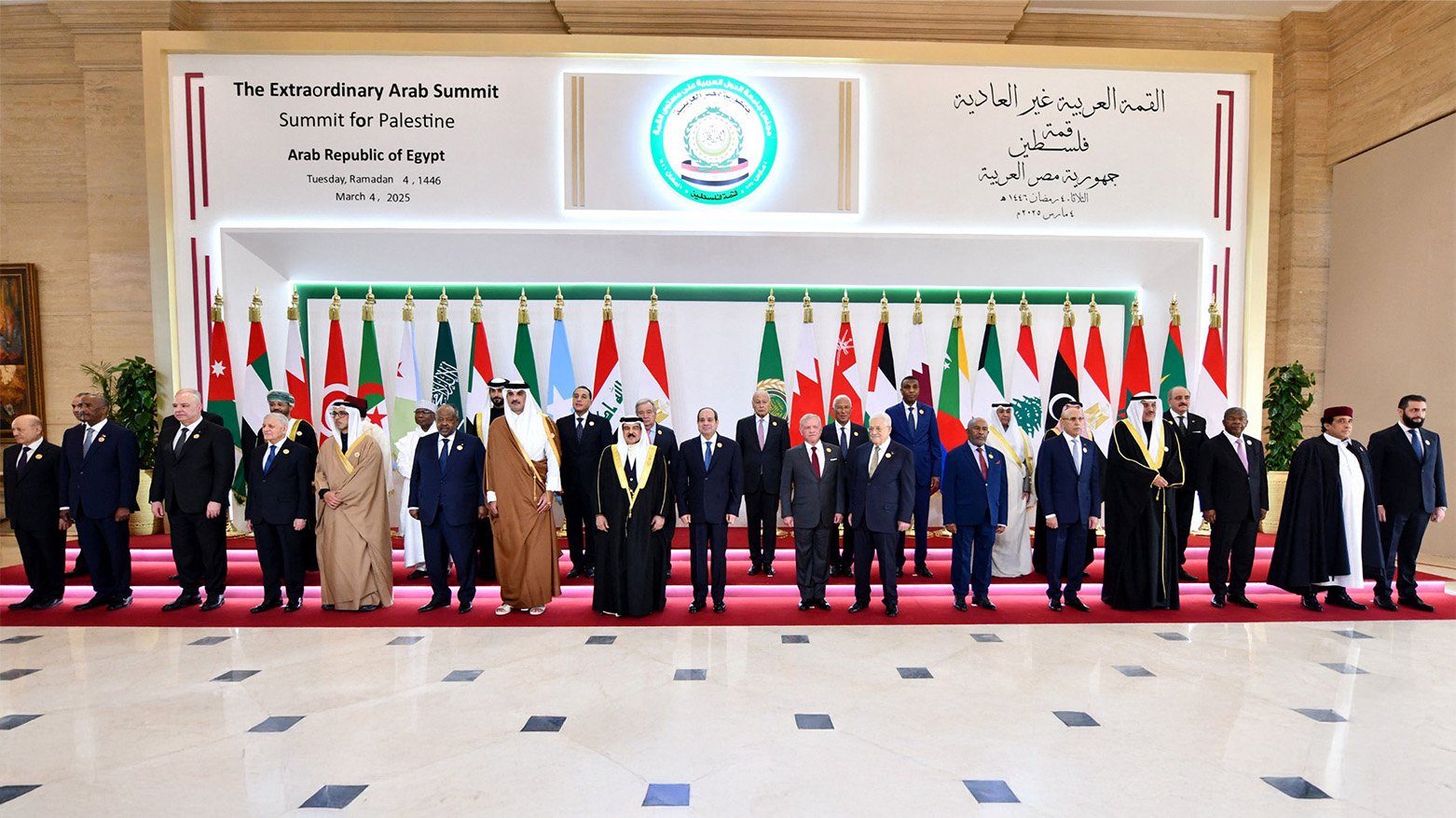Baghdad on High Alert Ahead of Crucial Arab Summit
According to government spokesperson Bassem al-Awadi, the summit is expected to focus on “all issues and challenges” currently facing the region, with Iraq seeking to play a leading role in facilitating dialogue and coordination among Arab nations.

By Kamaran Aziz
ERBIL (Kurdistan24) — Iraq is bracing for what officials describe as one of the most pivotal gatherings of Arab nations in recent years, as Baghdad prepares to host the Arab League Summit on May 17. The summit, which comes at a moment of heightened regional tensions and shifting alliances, is being hailed by the Iraqi government as a turning point for both its diplomatic role and broader Arab cooperation.
According to government spokesperson Bassem al-Awadi, the summit is expected to focus on “all issues and challenges” currently facing the region, with Iraq seeking to play a leading role in facilitating dialogue and coordination among Arab nations.
“Iraq is moving in the right direction in the region,” al-Awadi stated in a press briefing, underscoring Baghdad’s growing desire to be viewed as a stabilizing actor in a volatile Middle East.
Al-Awadi emphasized that comprehensive preparations have been completed to ensure the success of the summit. “We have made all necessary arrangements to manage the summit professionally and effectively,” he said. These preparations reflect Baghdad’s aspirations to reassert its relevance on the regional diplomatic stage after years of internal conflict and external interference.
Security, however, remains a top concern. An Iraqi security official, speaking to local media, confirmed that a state of emergency has been declared across the country. The move places all security and military forces on high alert in a bid to safeguard the summit and protect high-level delegations expected to attend.
The regional context in which this summit is taking place is fraught with instability. From the war in Gaza and ongoing tensions in Lebanon, to Iran-Gulf rivalries and the political crisis in Sudan, the Arab League faces a daunting agenda.
Observers suggest that Iraq’s ability to successfully host and manage such a summit will be seen as a litmus test for Prime Minister Mohammed Shia al-Sudani’s regional diplomacy.
The summit’s timing also reflects Iraq’s broader strategic reorientation and vision for a redefined Arab future. As outlined by Prime Minister Mohammed Shia al-Sudani in an op-ed for Asharq al-Awsat, Baghdad views this gathering not merely as a procedural event, but as a historic opportunity to reinvigorate joint Arab action and reposition the Arab world as an active geopolitical player rather than a passive subject of external rivalries.
The Iraqi Prime Minister stressed that Iraq’s national interests now align with a wider Arab aspiration to overcome divisions and lay the groundwork for a new phase of cooperation built on mutual respect, non-interference, and shared strategic objectives.
Al-Sudani also emphasized the importance of launching an integrated Arab development strategy—highlighting Iraq’s Development Road project as a model for broader regional economic collaboration.
While the final list of attending leaders has not yet been officially confirmed, Iraqi government sources—as cited by Arab News—indicate that high-level delegations from nearly all 22 Arab League member states are expected to participate.
Accordingly, the representatives from regional heavyweights including Saudi Arabia, Egypt, Jordan, and the United Arab Emirates are expected to attend.
The anticipated presence of such influential actors could provide a rare opportunity for consensus on pivotal regional matters such as the Gaza conflict, energy security, and long-term economic integration initiatives across the Arab countries.
Baghdad’s hosting of the summit is also being closely watched by international observers, particularly in light of Iraq’s efforts to improve its security infrastructure and rehabilitate its global image.
As the clock ticks down to Sunday’s opening session, Baghdad’s streets are being fortified and its government buildings readied for what many hope will be a turning point — not only for Iraq’s regional standing, but for Arab unity in the face of mounting geopolitical challenges.
The eyes of the Arab countries are on Baghdad, and the stakes could hardly be higher.